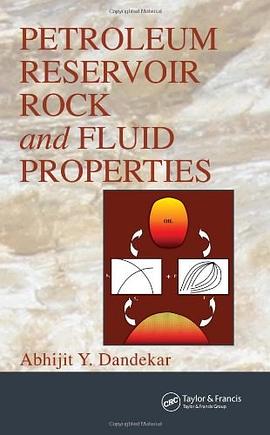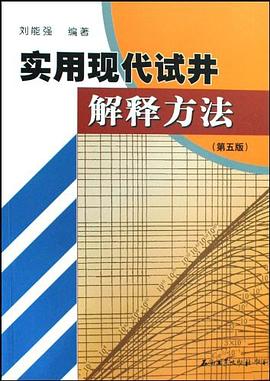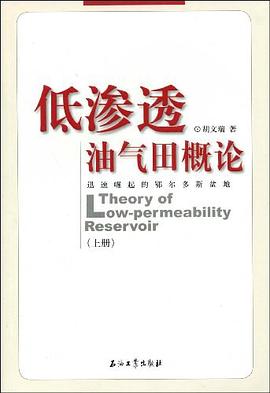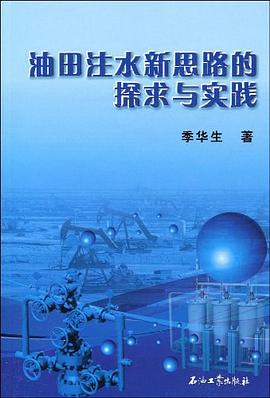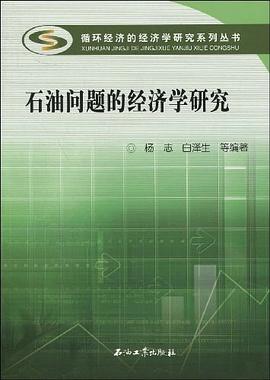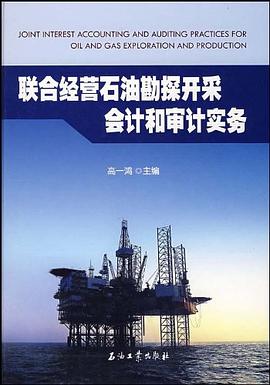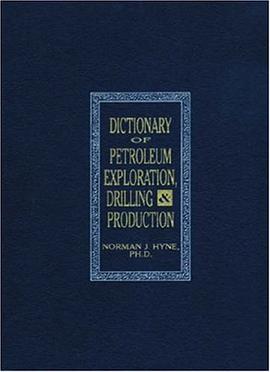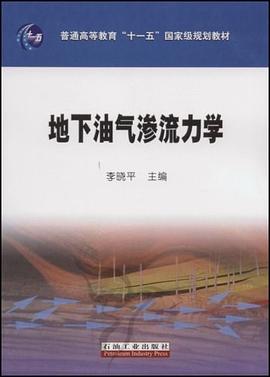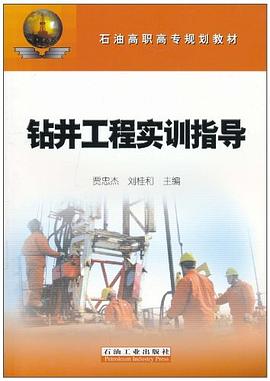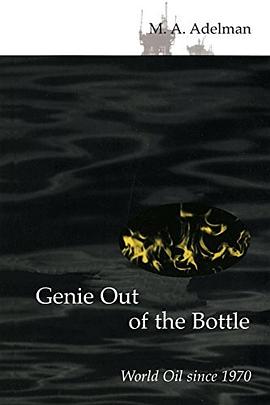

具体描述
Pictures of oil as the glittering prize, the source of global power and empires, or the hub of an energy crisis have gushed through the media since 1973. What actually happened was very different. M. A. Adelman had written in 1970 that "the genie is out of the bottle," that a group of oil producing countries would control the oil trade to raise prices. Now, twenty-five years later, he has written the fascinating history of the greatest monopoly ever known. The underlying economic analysis is contained in the companion volume The Economics of Petroleum Supply.Oil was in oversupply in 1970. The oil companies could not keep prices from falling. But the members of OPEC (Organization of Petroleum Exporting Countries) could and did raise prices by restraining output. However, they first had to restrain each other: an endless task, since each of them would gain by cheating on the others. With open and secret agreements, formal and informal, they "tried to fine-tune with coarse instruments," resulting in the so-called energy crisis.Adelman describes the first timid steps to the "unbound cartel." He shows how the producing nations overestimated their power, why they had short time horizons and raised the prices too high for their own good. But after prices declined, then crashed in 1986, the producing nations managed to hold a lower price level. Despite the trillions of petrodollars that fed two major wars, Adelman observes that nearly all OPEC nations are in debt. Non-OPEC production grows, but the cartel survives and the unstable market with it.Price hawks and doves may be good copy, Adelman notes, but in fact there was never an Arab "embargo" against the United States, nor any moderating influence by the United States. Since we must in our own interest protect the Persian Gulf producers, they understandably do nothing to oblige us.
作者简介
目录信息
读后感
评分
评分
评分
评分
用户评价
相关图书
本站所有内容均为互联网搜索引擎提供的公开搜索信息,本站不存储任何数据与内容,任何内容与数据均与本站无关,如有需要请联系相关搜索引擎包括但不限于百度,google,bing,sogou 等
© 2025 book.wenda123.org All Rights Reserved. 图书目录大全 版权所有




